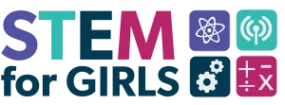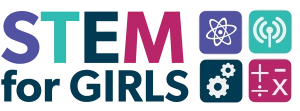Save this Resource
As the world of STEM continues to evolve, the skills needed to succeed in these fields are also changing. To be ready for the jobs of tomorrow, you need to build both technical and soft skills that will help you thrive in the rapidly advancing world of STEM. Whether you’re interested in coding, robotics, medicine, or any other STEM field, these 10 essential skills will set you on the path to success.
1. Problem Solving
How To Develop It
2. Coding and Programming
How To Develop It
3. Data Literacy
How To Develop It
4. Collaboration and Teamwork
How To Develop It
5. Creativity
How To Develop It
6. Adaptability
How To Develop It
7. Attention to Detail
How To Develop It
8. Communication Skills
How To Develop It
9. Critical Thinking
How To Develop It
10. Leadership
How To Develop It
How to Start Developing These Skills Now
Don’t wait until you start your career to develop these skills. Here’s how you can get a head start:
By focusing on these 10 must-have skills, you can set yourself up for success in the exciting world of STEM. Start developing them today, and you’ll be ready to take on the challenges and opportunities of tomorrow’s STEM careers!

